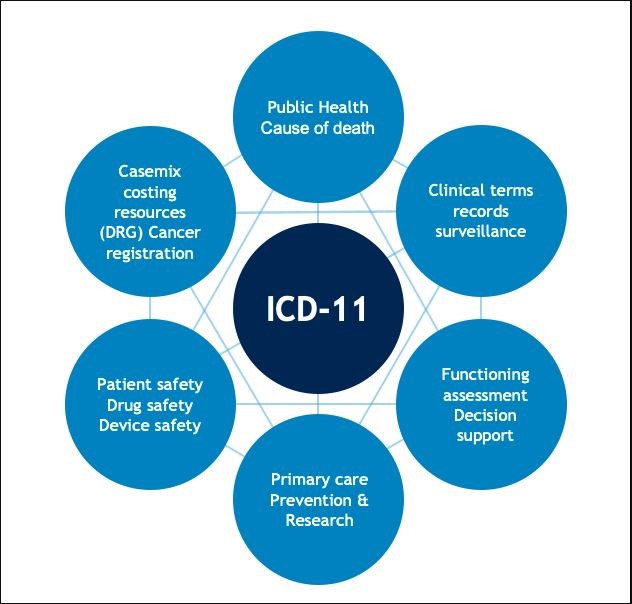7667766266
enquiry@shankarias.in
International Classification of Diseases (ICD-11) was recently updated to integrate traditional medicine systems of healthcare practices related to Ayurveda, Siddha, and Unani.
What is International Classification of Diseases (ICD)?
What is Key Features and Advancements in ICD-11?
FHIR stands for Fast Healthcare Interoperability Resources. It is a standard for exchanging healthcare information electronically.
It's designed to be easier to implement than some older standards, using modern web-based technologies.
What are the significance of integrating Traditional Medicine with ICD 11?

What are its Implications for Global Health?
What are the Challenges?